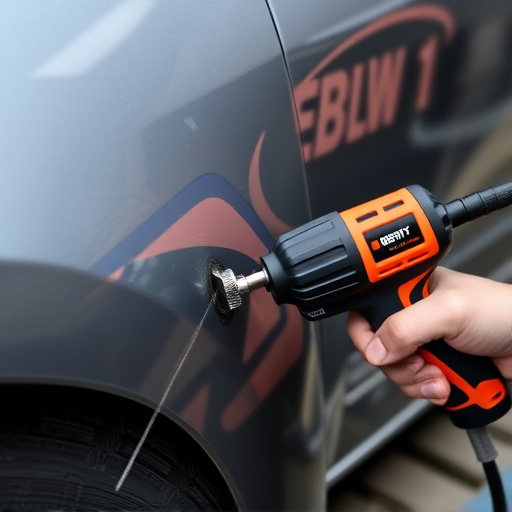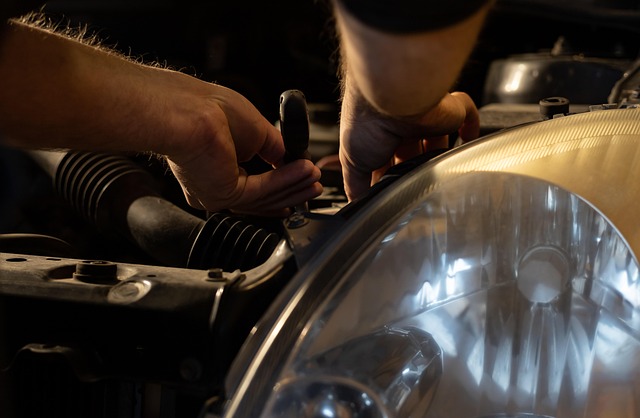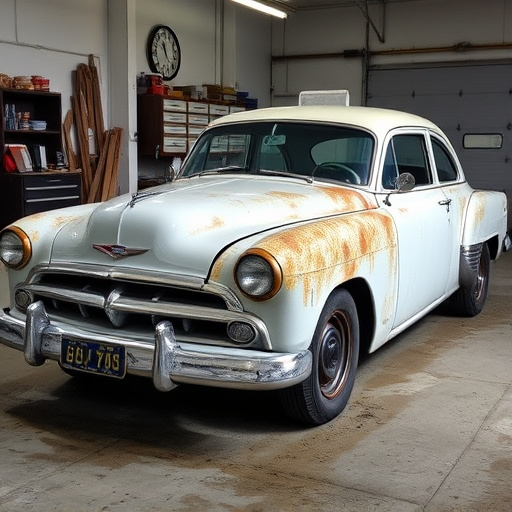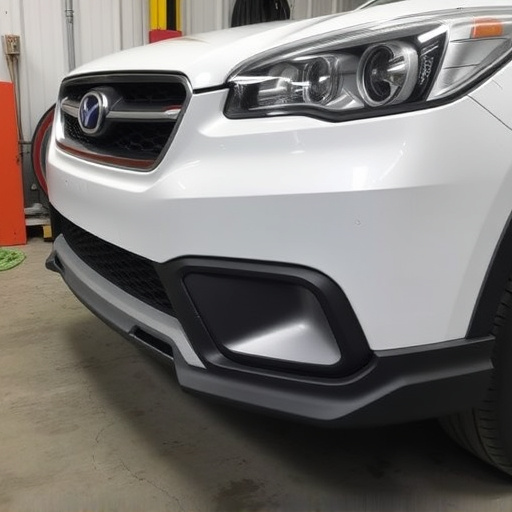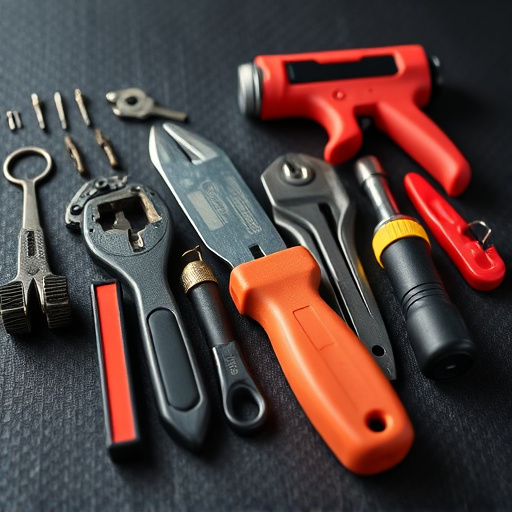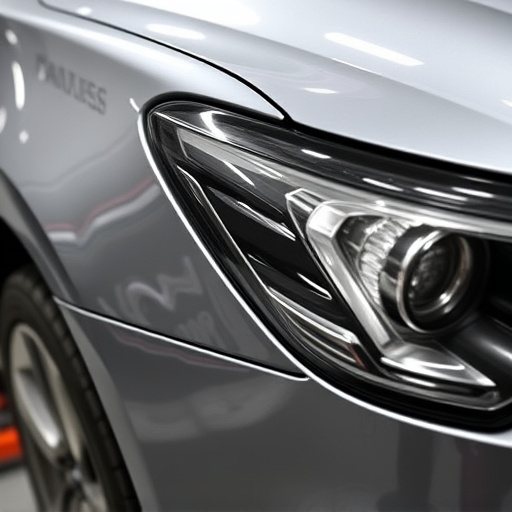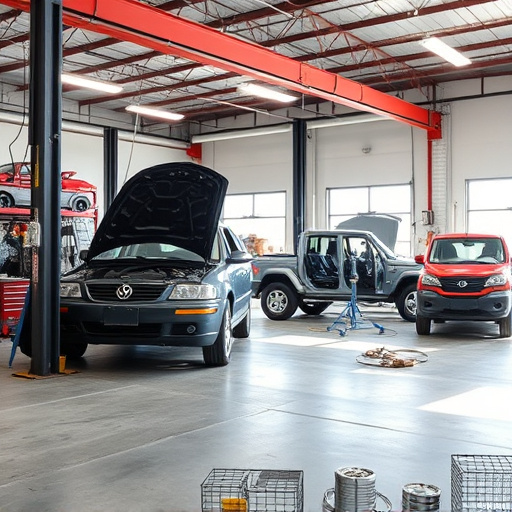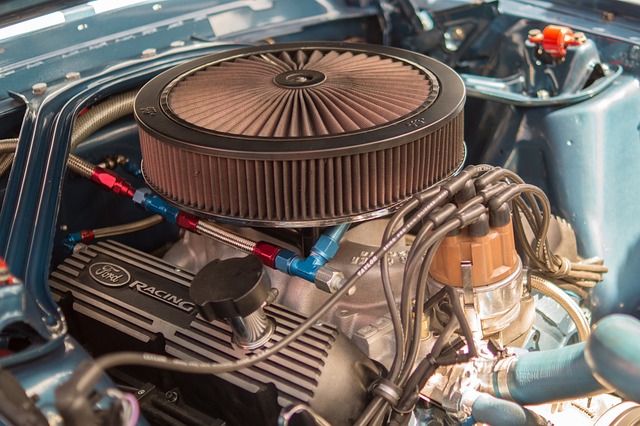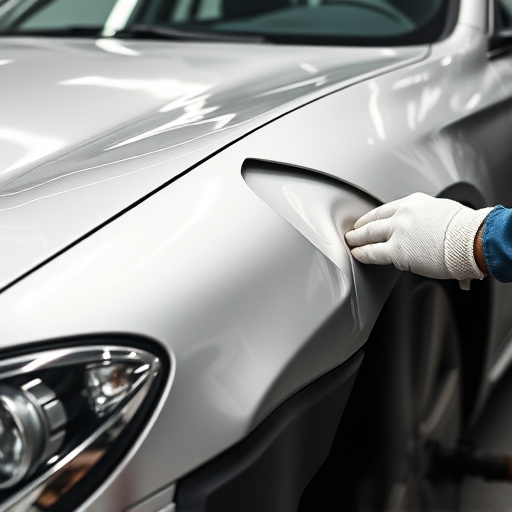Insurers create Direct Repair Programs (DRPs) to optimize vehicle claim repairs through partnerships with pre-screened, reputable shops. These programs aim for efficiency, cost-effectiveness, and high quality, reducing claim costs and customer downtime. Insurers select shops based on technical proficiency, equipment, workflow management, and prior collaborations, focusing on top-tier car paint services while adhering to safety standards. The goal is to form strong insurer-customer relationships through transparent, reliable partnerships with competent auto body facilities.
Insurers play a pivotal role in facilitating efficient vehicle repairs through direct repair programs (DRPs). This article delves into the strategic selection process of shops for DRPs, offering a comprehensive overview from both the insurer and shop perspectives. We explore key factors in evaluating shop capabilities, emphasizing quality assurance and trust-building initiatives. By understanding these dynamics, insurers can optimize their DRP networks, ultimately enhancing customer satisfaction and streamlining claims management.
- Understanding Direct Repair Programs: A Overview for Insurers
- Evaluating Shop Capabilities: Key Factors in Selection
- Building Trust and Ensuring Quality: The Insurer's Perspective
Understanding Direct Repair Programs: A Overview for Insurers

Direct Repair Programs (DRPs) are strategic initiatives by insurers to streamline and optimize the process of repairing vehicles involved in claims. By partnering with pre-screened repair shops, DRPs ensure efficient, cost-effective, and high-quality vehicle repairs. This program benefits both insurers and policyholders by reducing overall claim costs and minimizing the time it takes for cars to get back on the road.
Insurers carefully select repair shops for DRPs based on several factors, including reputation, specialized expertise in luxury vehicle repair or specific types of damage like dent repair, and adherence to industry standards. Reputable automotive repair services that demonstrate competence in various techniques, from minor aesthetics to complex mechanical repairs, are highly sought after. Such shops not only ensure the safety and quality of repairs but also contribute to fostering strong relationships between insurers and customers, enhancing customer satisfaction and loyalty.
Evaluating Shop Capabilities: Key Factors in Selection

When evaluating potential shops for a direct repair program, insurers need to assess several capabilities to ensure high-quality and efficient service. Key factors include the shop’s technical expertise in handling various types of vehicle repairs, from minor dent removal and scratch repair to complex mechanical issues. Insurers look for facilities equipped with state-of-the-art equipment, such as advanced car paint services technology, to guarantee precise and effective fixes.
Furthermore, the insurers consider the shop’s capacity to manage a steady workflow, especially when dealing with luxury vehicle repairs, which often require specialized attention and materials. Demonstrated experience in implementing direct repair programs and a proven track record of successful collaborations are also crucial. Ultimately, insurers seek partners that can deliver top-tier car paint services while adhering to strict safety standards and quality control measures.
Building Trust and Ensuring Quality: The Insurer's Perspective

When insurers consider shops for their direct repair programs, building trust is paramount. Insurers meticulously evaluate potential partners to ensure they can deliver high-quality auto body services, tire services, and scratch repairs—the pillars of any successful direct repair program. This process involves rigorous scrutiny of shop facilities, equipment, and staff qualifications to guarantee compliance with industry standards and insurer protocols.
Insurers prioritize shops that foster an environment of transparency and reliability. They seek partnerships where communication is open, expectations are clear, and the focus is on customer satisfaction. By aligning with reputable shops offering comprehensive auto body services, insurers can protect their interests while ensuring their policyholders receive quality repairs, fostering a mutually beneficial relationship that strengthens the direct repair program’s reputation and value proposition.
Insurers carefully select shops for direct repair programs (DRPs) by evaluating their capabilities, trustworthiness, and quality assurance measures. Understanding the intricacies of DRPs is crucial for fostering effective partnerships that enhance customer satisfaction and streamline claims processes. By prioritizing these key factors, insurers can build robust networks of reputable shops, ensuring a seamless experience for policyholders involved in vehicle repairs.
